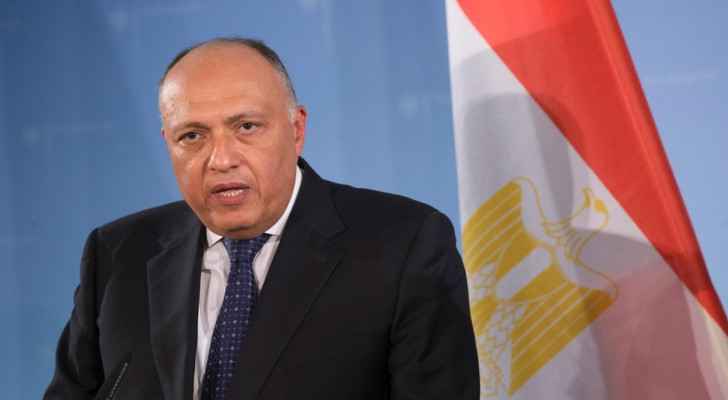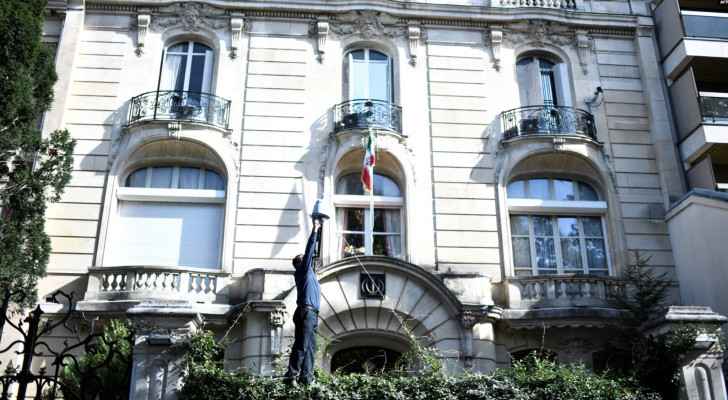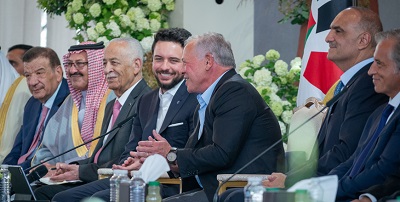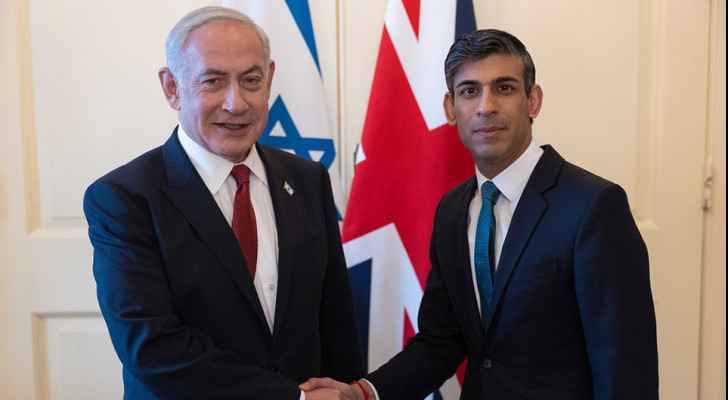What to expect after Trump’s visit to Mideast - By Amer Al Sabaileh, The Jordan Times
US President Donald Trump’s first visit to the region could be the start of a new phase of relations between the US and some Gulf countries. It will be very interesting to see what transpires.
The Trump administration appears highly supportive of the Saudi position on Iran and its allies, such as Hizbollah, a position that is shared by Israel.
This agreement could change the nature of the conversation around the Israel-Palestine peace process, and will almost definitely have an impact in Syria.
America’s mulling listing the Muslim Brotherhood as a terrorist group is to watch as an indicator over the coming months.
Such a repositioning of the US regional alliance will have its impact on Jordan, which must be prepared for changes.
Jordan also faces the challenge of shifting dynamics in regard to ties with the Gulf countries and maintaining engagement on common interests.
Jordan did withdraw its ambassador to Iran as a result of the escalation with Saudi Arabia, but there is no indication that there will be a renewal of the 2012 financial support grants.
Saudi Arabia has shifted its priorities and regional investment is falling down the list as engagement with the US is now the highest priority and as the country is positioning itself at the centre of political power in the region.
Saudi Arabia is taking a leading role in shaping the Islamic alliance, the peace process and regional settlement. It also managed to shift the US policy focus on the Shiite threat from Iran and Hizbollah.
Jordan finds itself at the centre of most of regional issues, from the peace process to the Syrian crisis and the potential increase in terrorism after Raqqa, which puts it in an extremely delicate position.
In navigating these issues, the Kingdom must maintain economic stability and national security, while also receiving less political support from allies.
Jordan must work well with key stakeholders and be flexible in the role it plays, having ensuring the national security as top priority.
The country must also prepare for the domestic and external response to the US’ listing the Muslim Brotherhood as a terrorist group.
It must clearly identify its allies, where each actor sits on its key issues and forge a middle path to gain as many allies as possible, which could also involve supporting them on issues important to them.
Jordan’s involvement in the peace process remains imperative. The Israeli policy of expanding settlements could inflame already difficult issues in Jordan, which must be at the centre of this process to ensure a good outcome for everyone, including itself.
Latest News
 Egyptian Foreign Minister condemns potential Palestinian displacement as 'war crime'
Egyptian Foreign Minister condemns potential Palestinian displacement as 'war crime' Travelers from Jordan advised to confirm flights amid Gulf weather turmoil
Travelers from Jordan advised to confirm flights amid Gulf weather turmoil France summons Iranian ambassador over strikes against “Israel”
France summons Iranian ambassador over strikes against “Israel” King from Mafraq: Jordan’s security, sovereignty above all considerations
King from Mafraq: Jordan’s security, sovereignty above all considerations Sunak tells Netanyahu to “allow calm heads to prevail”
Sunak tells Netanyahu to “allow calm heads to prevail”
Most Read Articles
- Dubai reels from floods chaos after record rains
- Security Council to vote Thursday on Palestinian state UN membership
- Khasawneh, Saudi Shura Council speaker discuss bilateral ties, regional developments
- King, Bahrain monarch stress need to maintain Arab coordination
- Hizbollah says struck Israel base in retaliation for fighters' killing
- Jordan will take down any projectiles threatening its people, sovereignty — Safadi
- Tesla asks shareholders to reapprove huge Musk pay deal
- The mystery of US interest rates - By The mystery of US interest rates, The Jordan Times
- Princess Basma checks on patients receiving treatments
- Knights of Change launches nationwide blood donation campaign for Gaza